Hello, I am Yurena Montoro, intensivist of Hospital General de Requena.
All we know that getting sick is a new and unwanted situation that alters our future life, personal and family, and when it involves an hospital admission especially in an Intensive Care Unit, causing fear and suffering.
Most of us who are dedicated to this profession have a real vocation and know that attend a patient means not only soothe his/her physical pain and treat adequately their organic pathology. We must also relieve the suffering, treating it in a comprehensive manner, seeing him as a person. In ICUs, by the particularities sometimes this part of our work, the humanization of care, is complicated.
I want o share with you the summary of a small research we did in several UCIs of Valencia trying to find out what are the causes of suffering for our patients and their families during their admission to the ICU and how they faced it.
Our patient population was a group of middle-aged men with medical, coronary and surgical pathology of moderate severity, and their caregivers were primarily wives and daughters.
We discovered that although the families trusted in us and in our work as health professionals, clearly suffered more family members than patients, by the severity of the diagnosis and the unexpected situation. This caused them fear and anxiety, and they expressed that they burden it better first relying on information from the health team and second place in the environment and friends.
Look at how important an appropiate information is for families! It is their first strategy of coping with suffering!.
Although patients also told us that they suffered, comparative and quantitative, they did it to a lesser degree than the relatives. For paatients, it could only be attributed a 16.3% of the variation of the feeling of suffering physical pain! And if we treated with painkillers, then, the rest of suffering, 83.7% of remaining suffering of our patients, how can we manage it?.
We can manage with humanization. We should present ourselves, explaining to the patient what happens, what can we do and why, leaving to participate in decision-making as an adult, respecting what decides even if we are not fully in agreement, asking what is needed, allowing a more flexible schedule of visits in those patients that can be performed.
We should remember that we have in front another human being who is afraid and is vulnerable and that deserves to be treated with respect, exactly in the same way we would like to be treated if we were in the same situation.
For those that have interested in reading the full research, seeing all the variables and charts that we collected in the surveys, I leave the link of the work (only available in Spanish) that was recently published on the website of the Observatory of Bioethics of the Universidad Católica de Valencia.




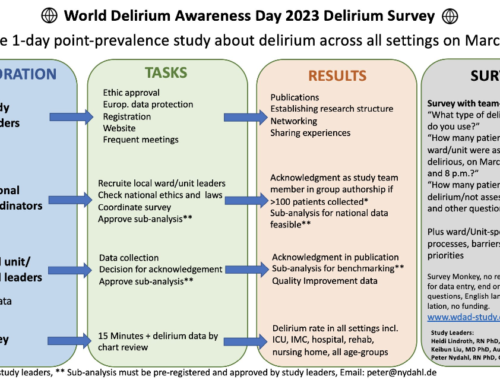
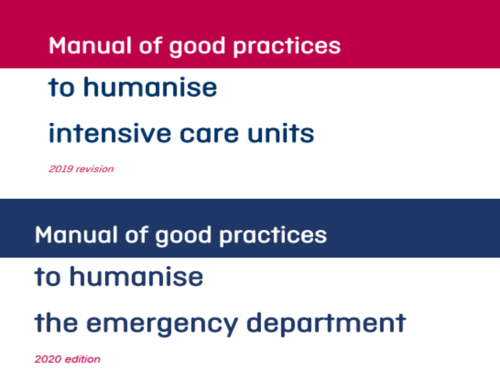
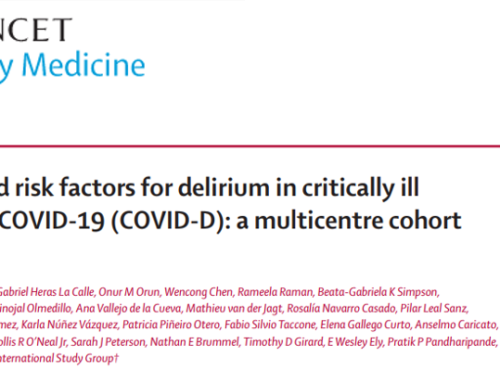
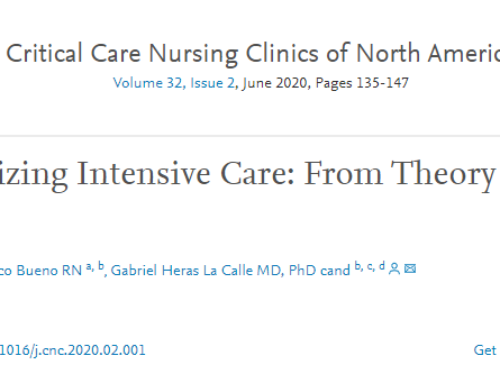

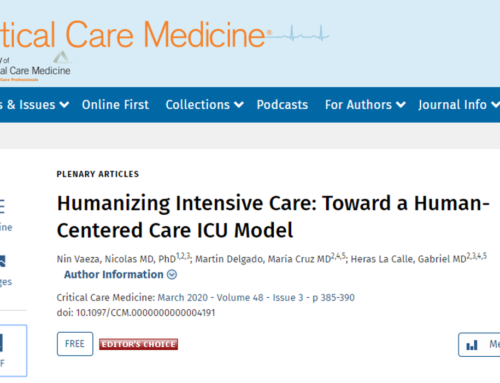
Leave A Comment